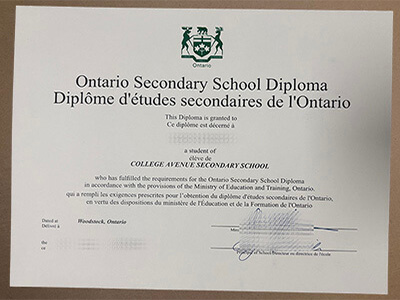In today’s competitive world, the desire to get ahead has led some individuals to consider obtaining a fake diploma. While a legitimate academic journey can take years of dedication and effort, the shortcut of a forged document can appear tempting, especially when facing job requirements or visa applications that demand specific educational credentials. A fake diploma is typically created to resemble a real certificate, often mimicking design elements such as logos, signatures, and official seals. These documents can be purchased online from vendors that claim to offer “replica” or “novelty” diplomas, sometimes with the promise of confidentiality and customization.
However, the consequences of using a fake diploma can be significant. Employers and academic fake college degree are becoming increasingly skilled at verifying credentials, and being caught using a fraudulent document can result in job termination, reputational damage, or even legal action in certain jurisdictions. In professional fields such as healthcare, law, and education, the risks are even more severe. A forged diploma used to secure a position in these industries can endanger lives and lead to criminal charges.
Despite these risks, some people still opt for fake diplomas as novelty items, props for films, or personal keepsakes. In these contexts, the documents are not intended to deceive but to serve as decorative or symbolic items. Even so, sellers and buyers must be cautious not to cross legal boundaries. It’s essential to distinguish between novelty products and those intended for fraudulent use.
The ethics surrounding fake diplomas are complex. While some argue that life experience or self-learning can be just as valuable as formal education, misrepresenting one’s qualifications undermines trust and integrity in professional environments. True success is best achieved through honesty, effort, and authentic credentials that reflect real skills and knowledge.
For those who still find themselves curious about what a fake diploma looks like, examples are available online. One such image, showcasing a replica of an Ontario Secondary School Diploma, can be viewed here:

However, the consequences of using a fake diploma can be significant. Employers and academic fake college degree are becoming increasingly skilled at verifying credentials, and being caught using a fraudulent document can result in job termination, reputational damage, or even legal action in certain jurisdictions. In professional fields such as healthcare, law, and education, the risks are even more severe. A forged diploma used to secure a position in these industries can endanger lives and lead to criminal charges.
Despite these risks, some people still opt for fake diplomas as novelty items, props for films, or personal keepsakes. In these contexts, the documents are not intended to deceive but to serve as decorative or symbolic items. Even so, sellers and buyers must be cautious not to cross legal boundaries. It’s essential to distinguish between novelty products and those intended for fraudulent use.
The ethics surrounding fake diplomas are complex. While some argue that life experience or self-learning can be just as valuable as formal education, misrepresenting one’s qualifications undermines trust and integrity in professional environments. True success is best achieved through honesty, effort, and authentic credentials that reflect real skills and knowledge.
For those who still find themselves curious about what a fake diploma looks like, examples are available online. One such image, showcasing a replica of an Ontario Secondary School Diploma, can be viewed here:

